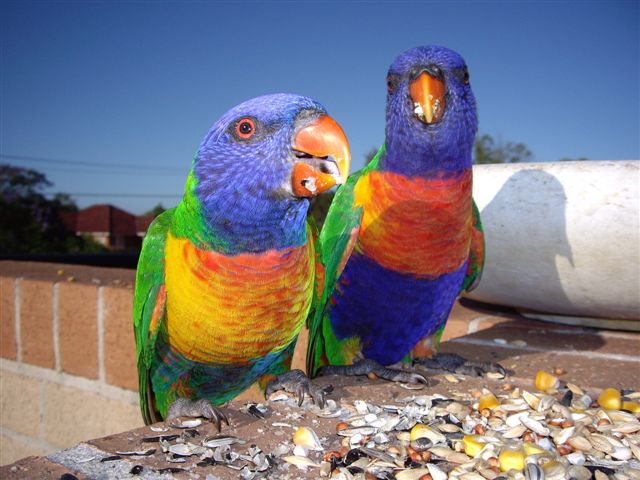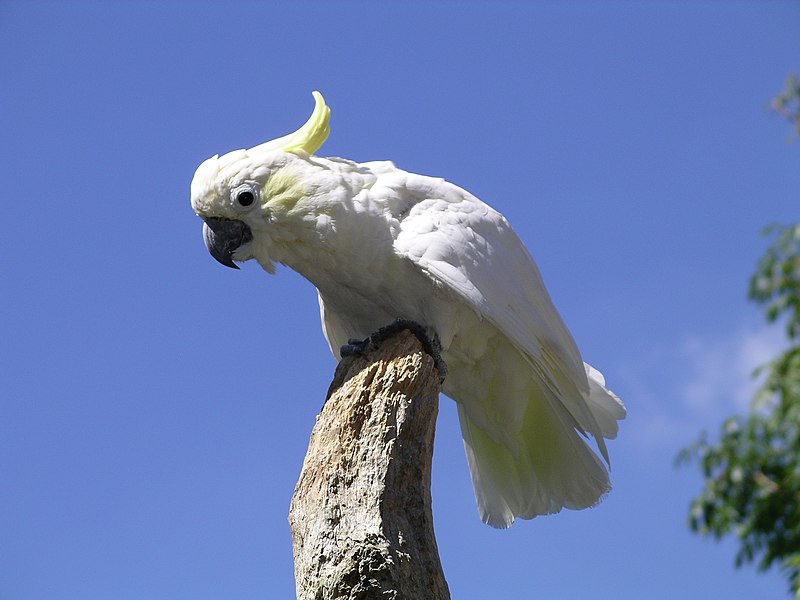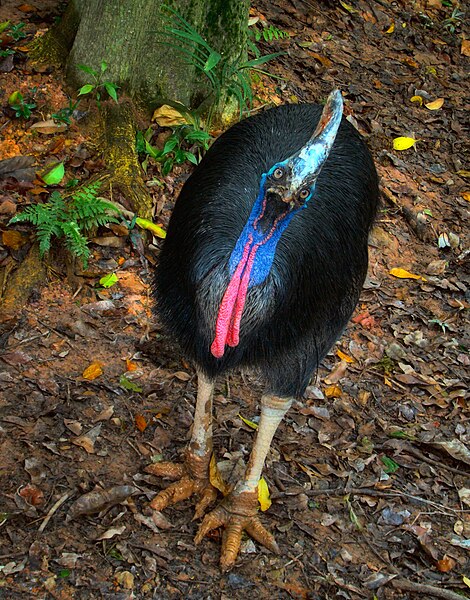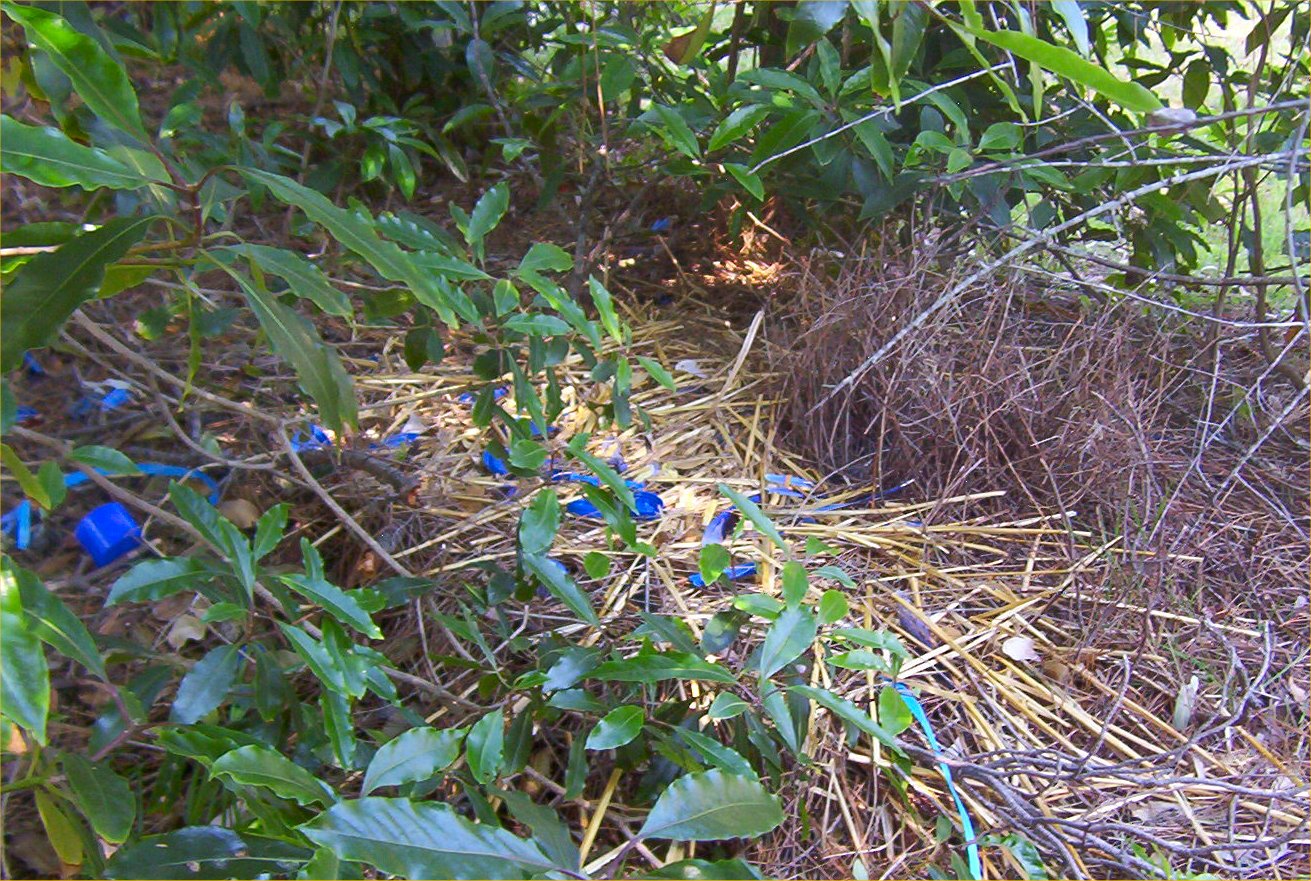 Recent advances in parrot husbandry and captive breeding may have had an unintended effect. Lower prices and a larger selection of available species may be contributing to a problem of epic proportions – hundreds of thousands of abandoned parrots, macaws and cockatoos, many of which will never find a permanent home. While parrot ownership has soared a staggering 147% over the past 20 years, from 11.6 million pets in 1990 to 60 million in 2010, our ability to provide for them has not kept pace.
Recent advances in parrot husbandry and captive breeding may have had an unintended effect. Lower prices and a larger selection of available species may be contributing to a problem of epic proportions – hundreds of thousands of abandoned parrots, macaws and cockatoos, many of which will never find a permanent home. While parrot ownership has soared a staggering 147% over the past 20 years, from 11.6 million pets in 1990 to 60 million in 2010, our ability to provide for them has not kept pace.
Desirable but Demanding
The very qualities that draw people to parrots – intelligence, sociability and long lives – also render them as unsuitable pets for the average person. Many live as long as their owners, who often find it difficult to provide for their pets, financially and otherwise, as time goes on. According to a study by Best Friends Animal Society, it is not unusual for an elderly parrot to have 7-11 owners over the course of its life.
Parrots are likely the USA’s third most popular pet, yet many people do not realize that, unlike dogs and cats, they are not domesticated animals. As wild animals, parrots have very different needs than domestic creatures. Few people are able to provide the space, social situation and emotional environment needed by these active, “complicated” birds. I have observed many species in the wild, and, despite years of study and zoo experience, was surprised by how much of their time was spent on the move and in direct contact with others. The noise they produced was deafening…even on wide-open grasslands. Read More »
 That Bird Blog – Bird Care and History for Pet Birds
That Bird Blog – Bird Care and History for Pet Birds




 Researchers first tested the personalities of female Zebra Finches by monitoring reactions to novel objects and their willingness to explore new surroundings. Females that were judged to have “exploratory personalities” were then allowed to view pairs of male Zebra Finches as they were offered the chance to explore. One male was able to roam at will, but the other’s movements were restricted by a clear box that was invisible to the females. The restrained male therefore appeared “less willing” to explore.
Researchers first tested the personalities of female Zebra Finches by monitoring reactions to novel objects and their willingness to explore new surroundings. Females that were judged to have “exploratory personalities” were then allowed to view pairs of male Zebra Finches as they were offered the chance to explore. One male was able to roam at will, but the other’s movements were restricted by a clear box that was invisible to the females. The restrained male therefore appeared “less willing” to explore. An earlier Zebra Finch study in the UK found that nesting success was greatest where both parents shared personality traits such as aggressiveness or a willingness to explore. Partners that differed in personality did not raise as many chicks as did well-matched pairs.
An earlier Zebra Finch study in the UK found that nesting success was greatest where both parents shared personality traits such as aggressiveness or a willingness to explore. Partners that differed in personality did not raise as many chicks as did well-matched pairs.